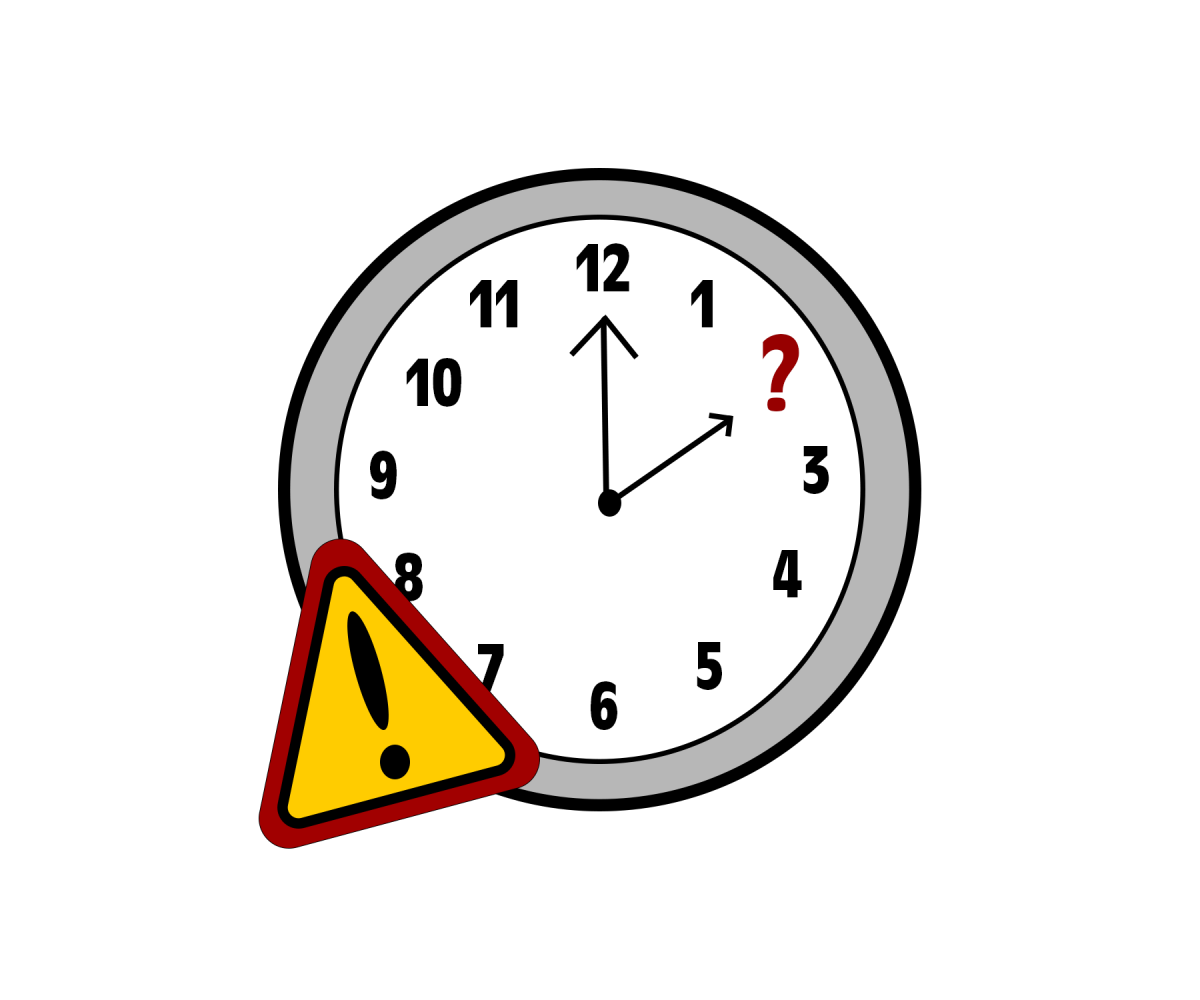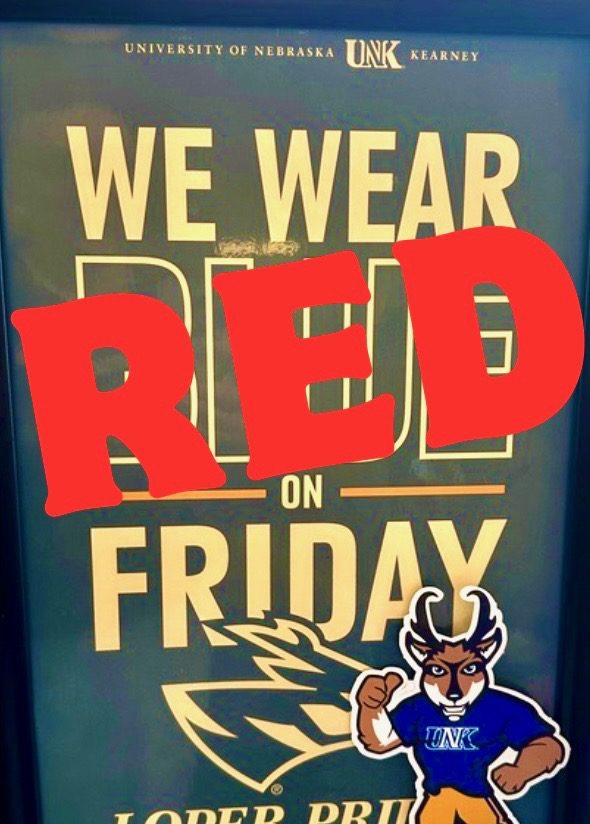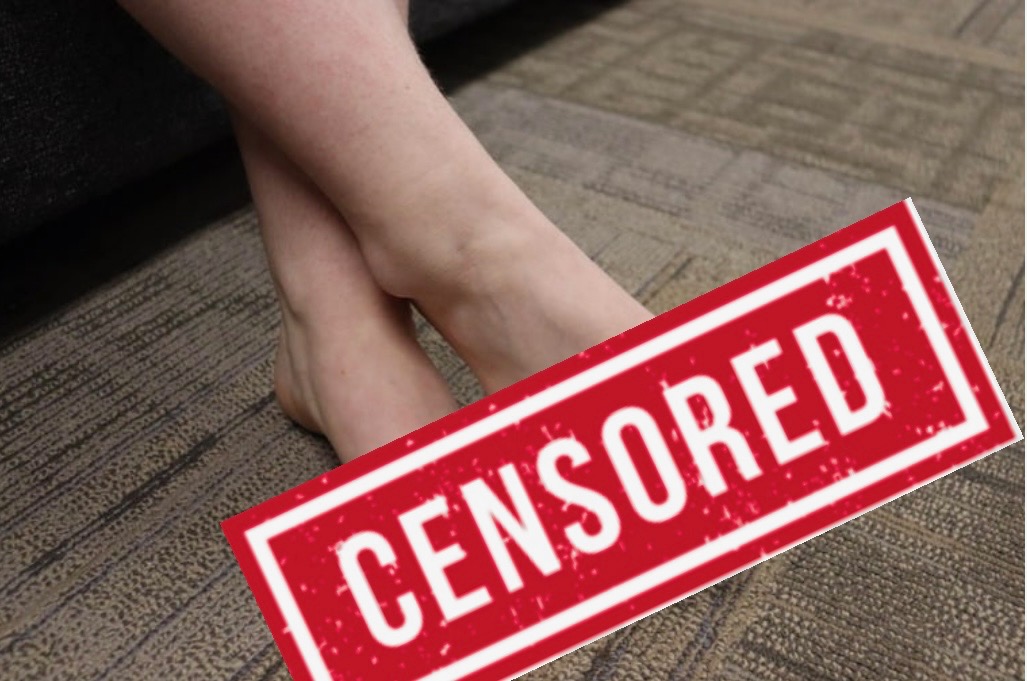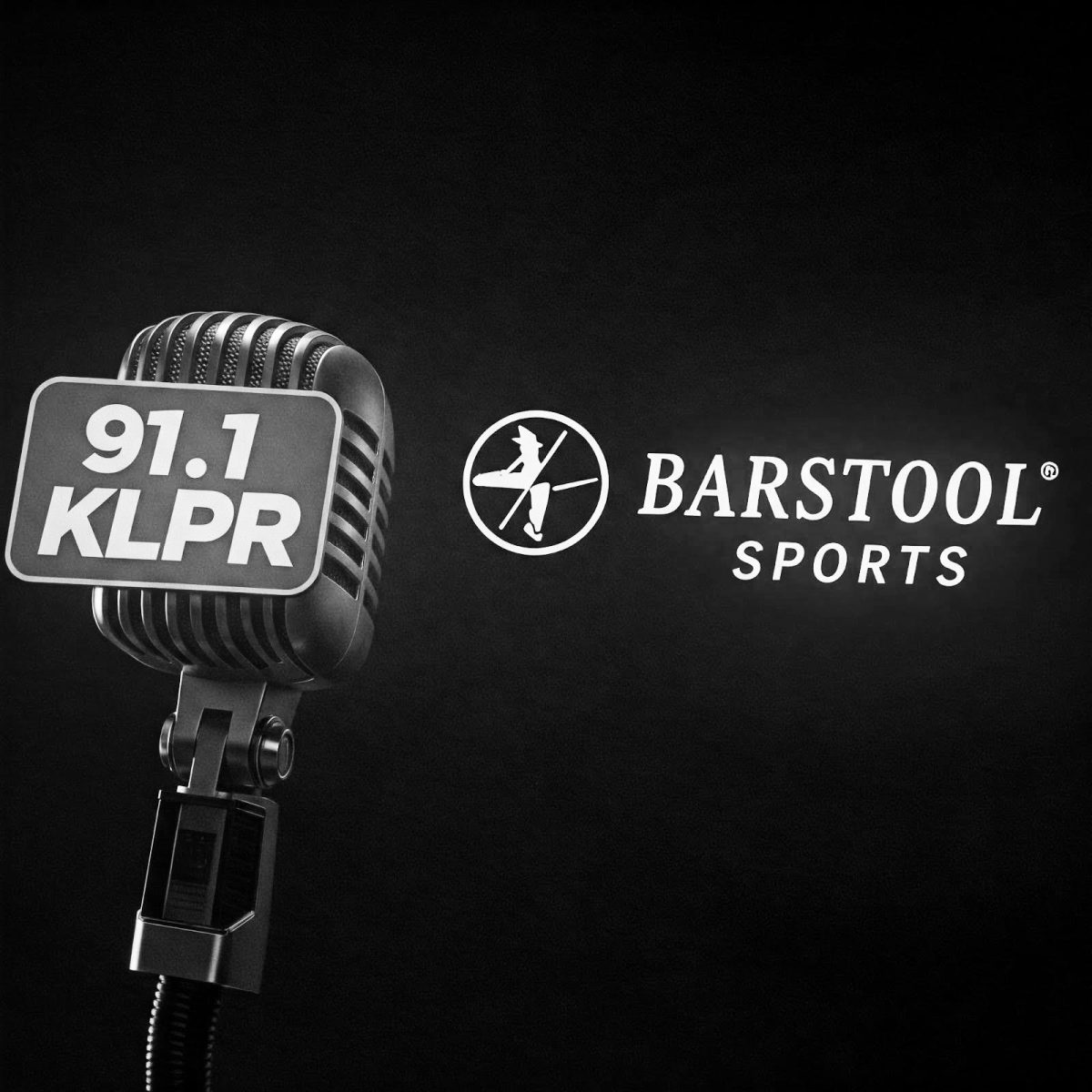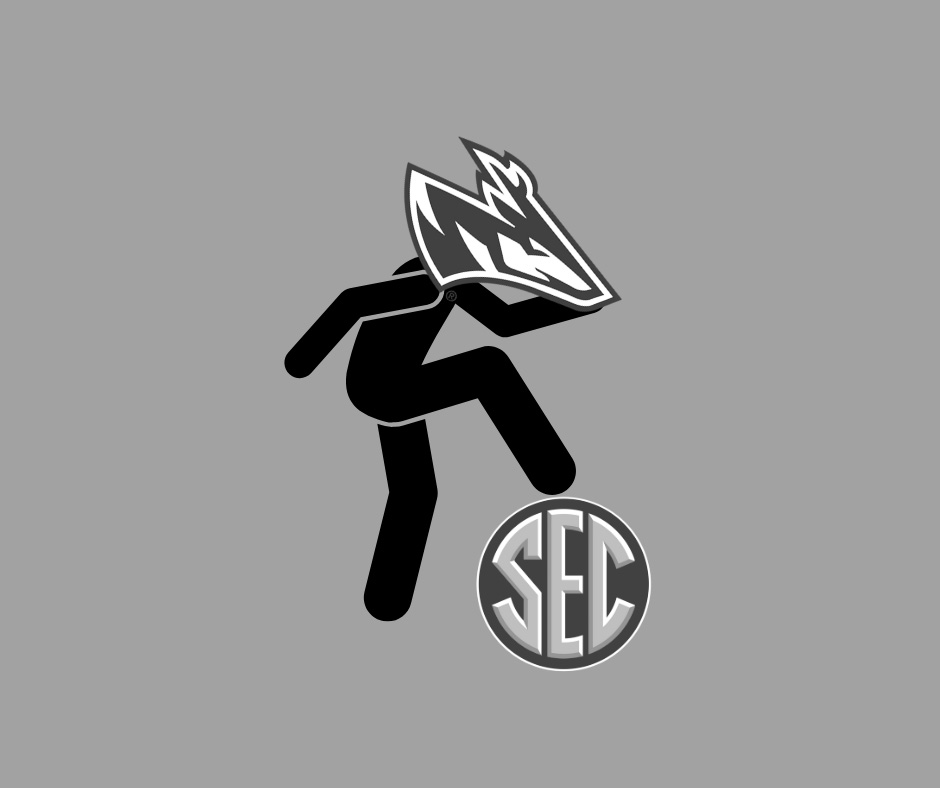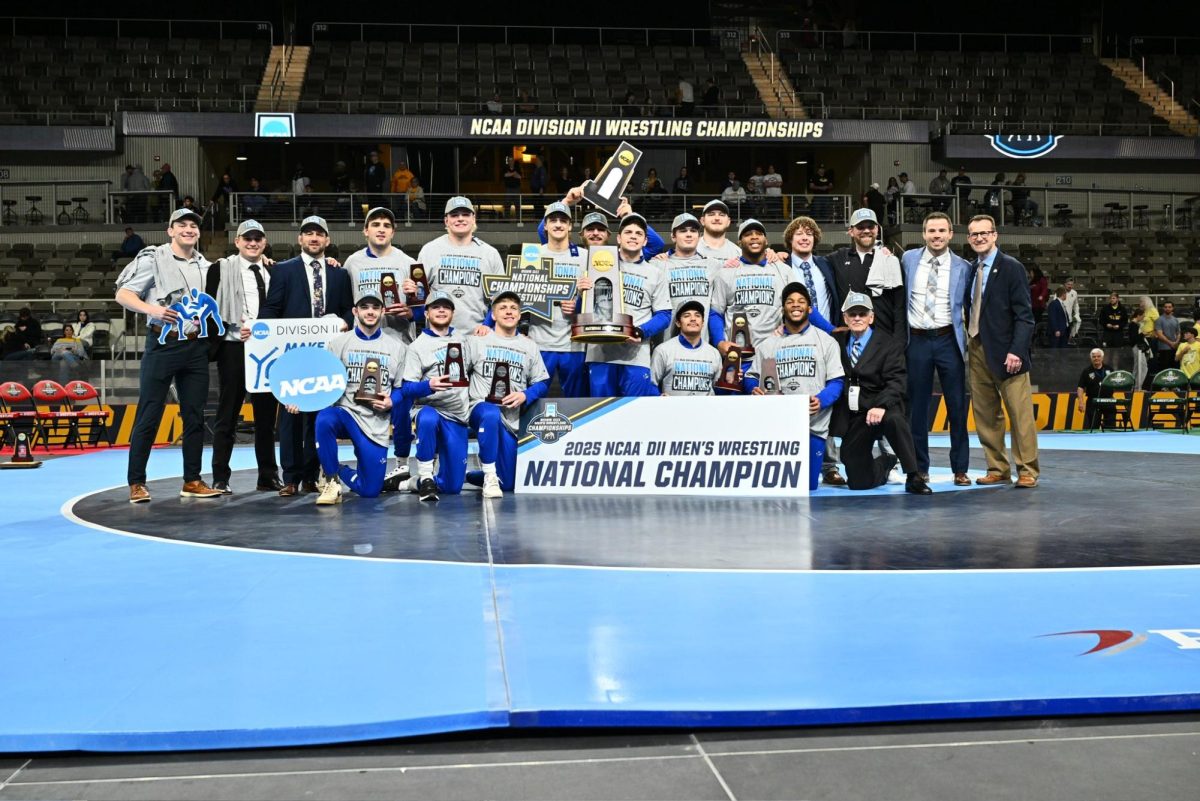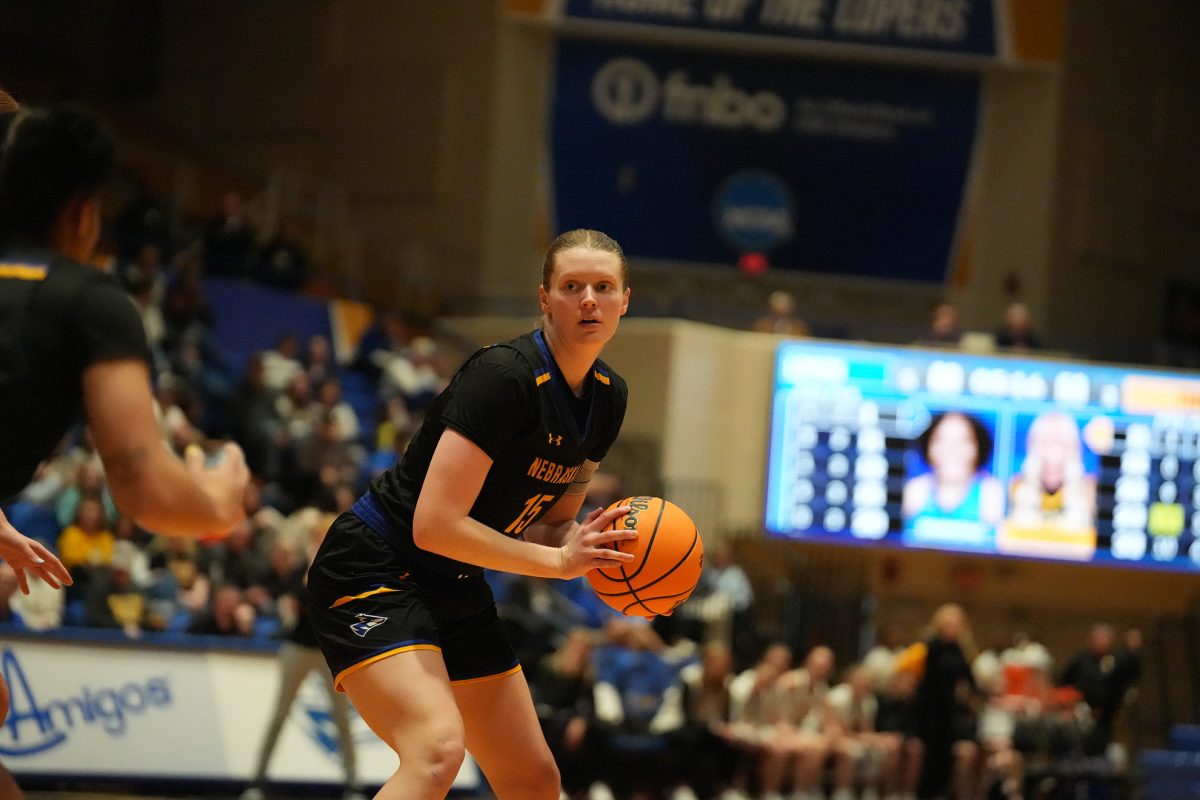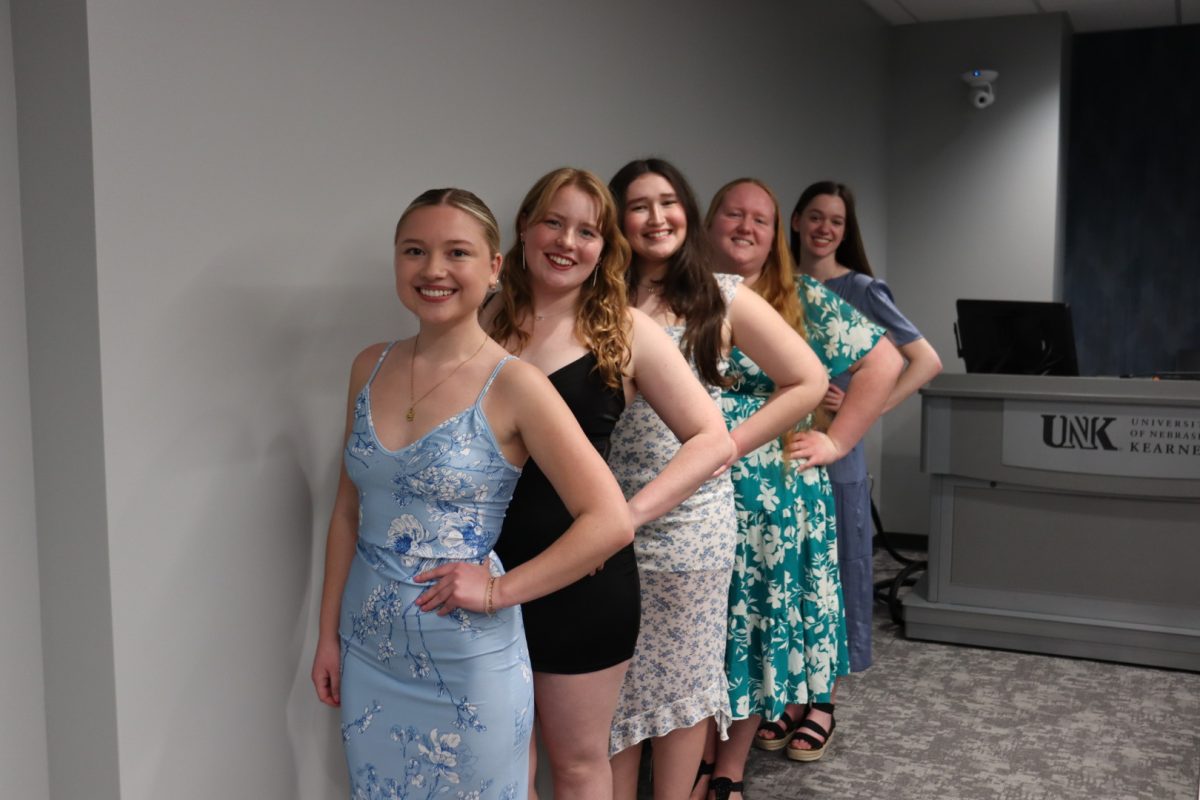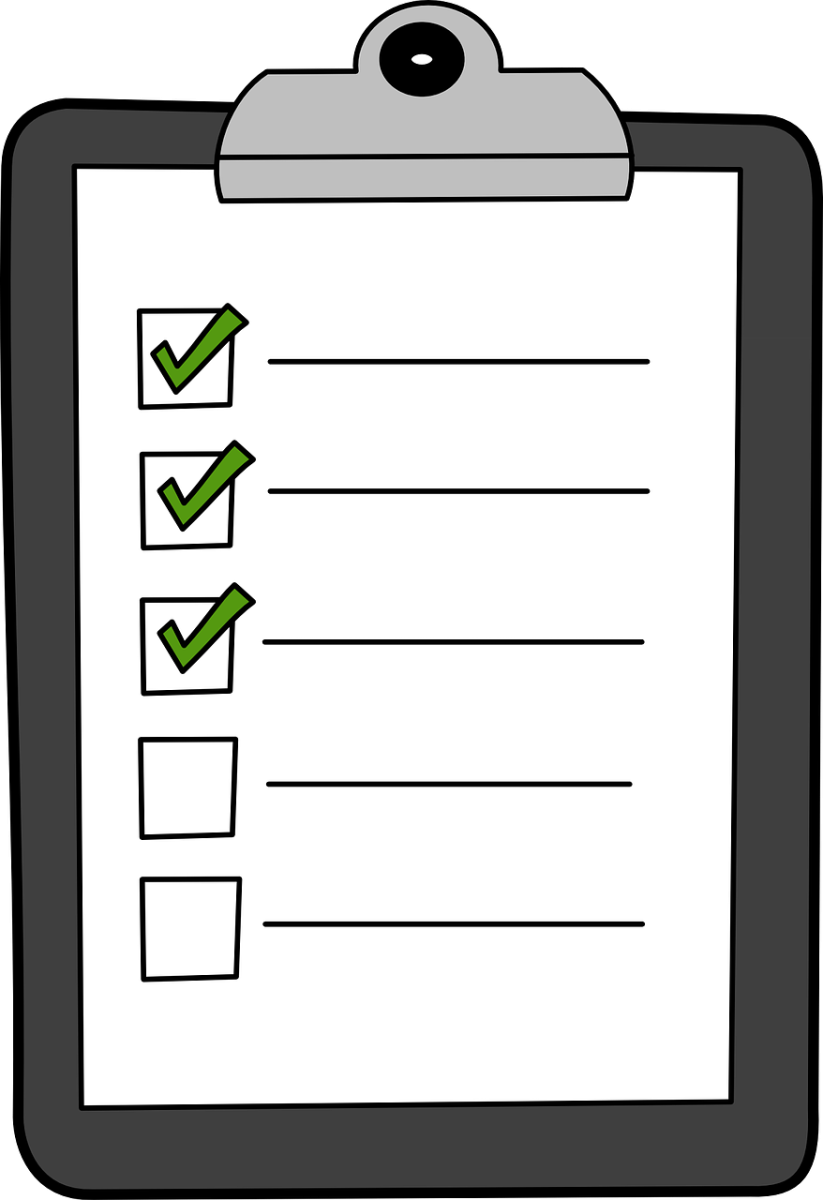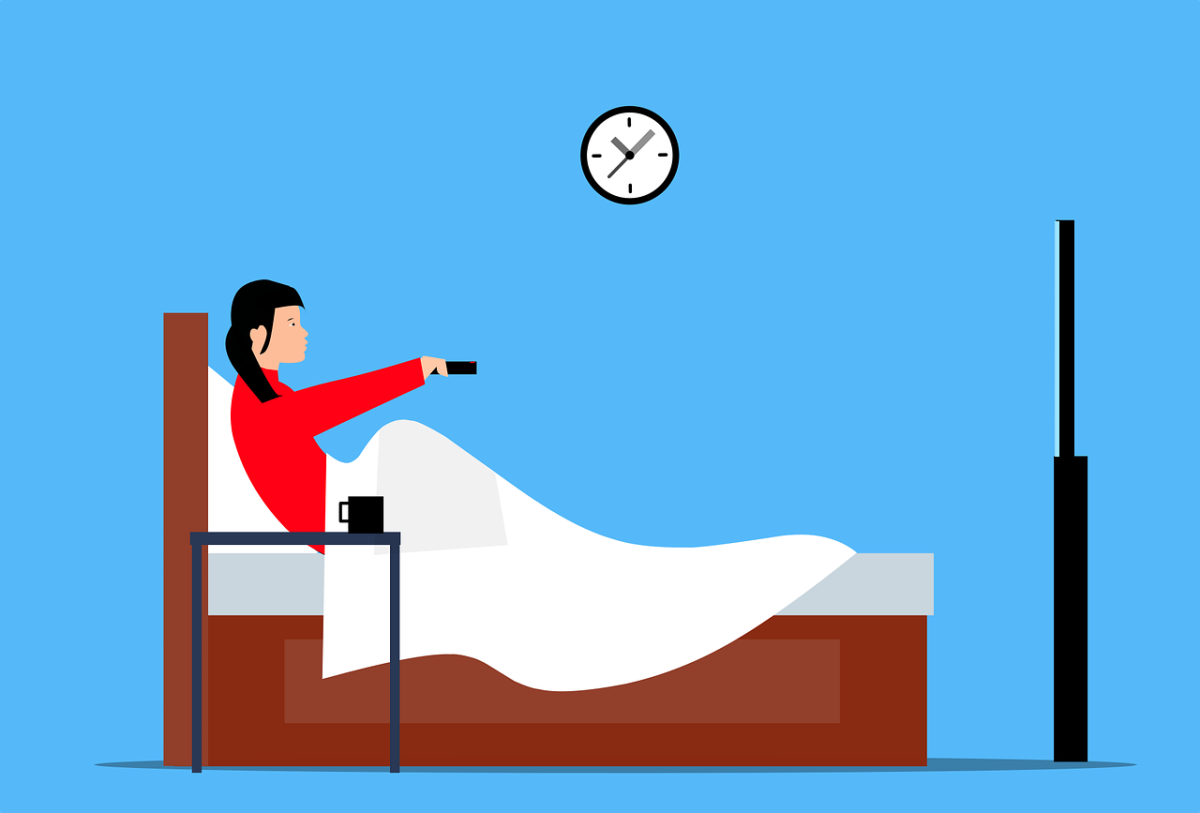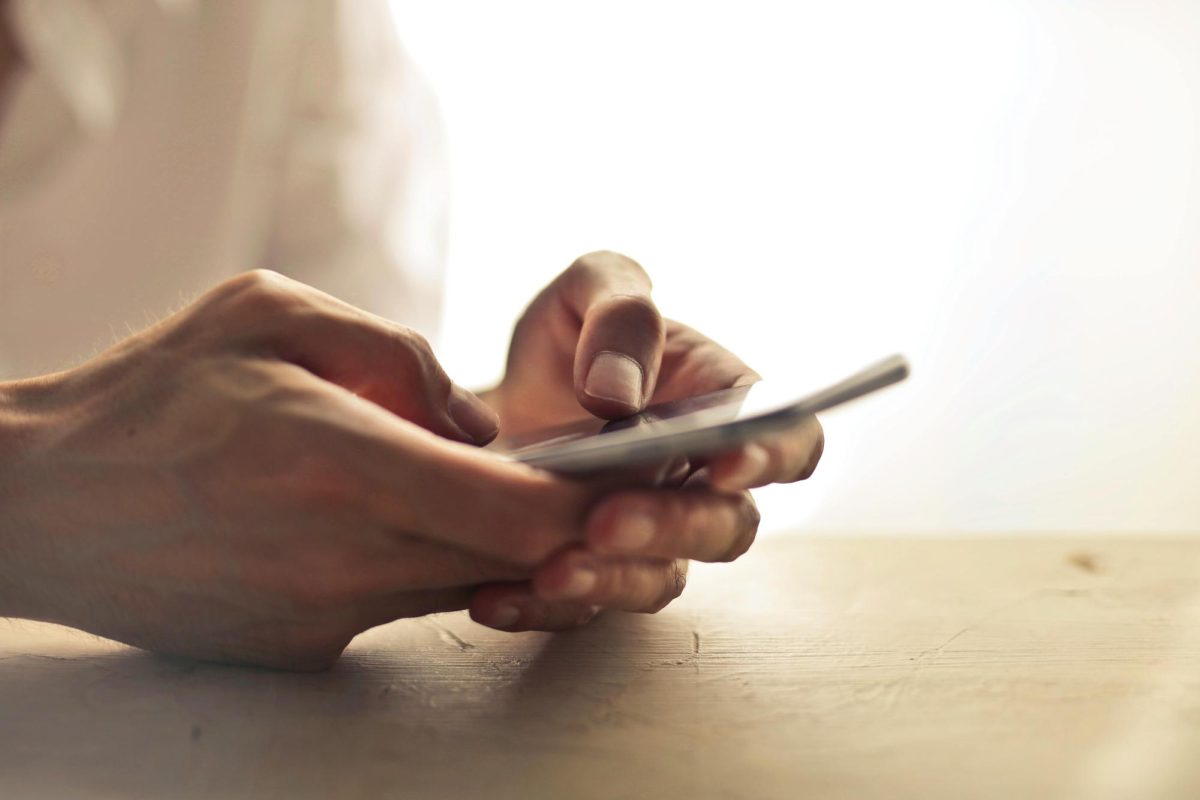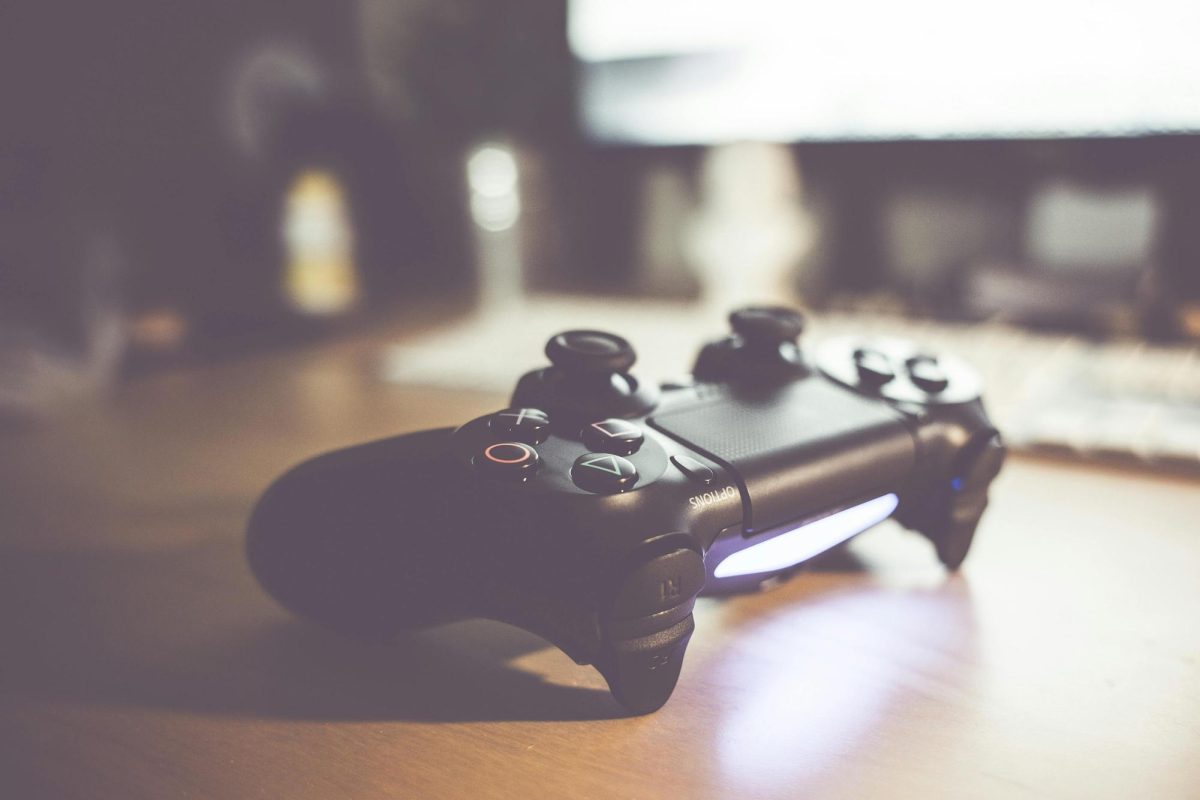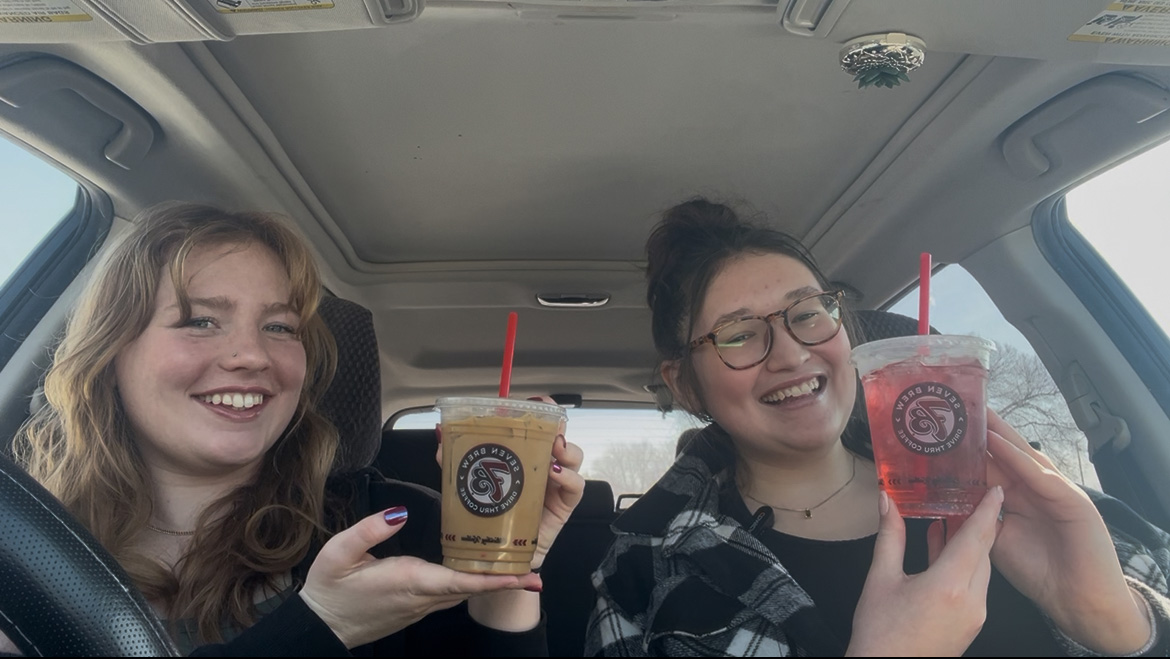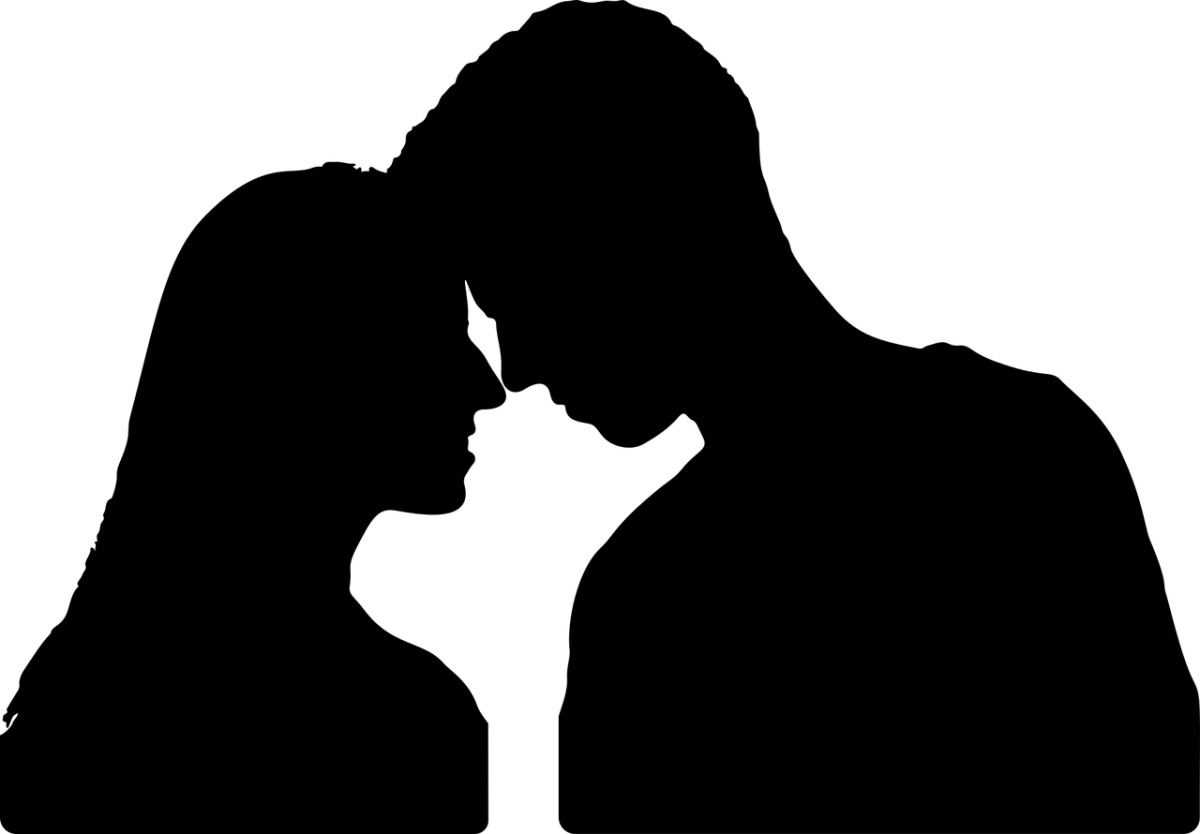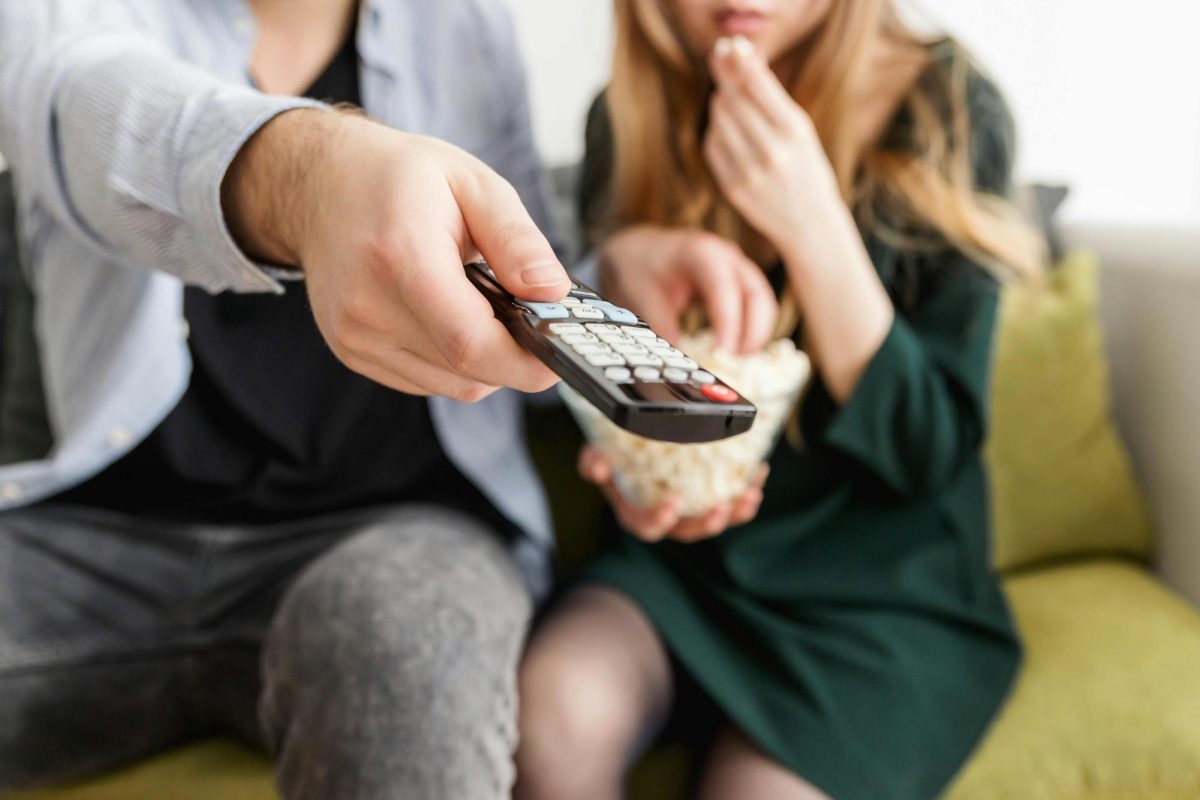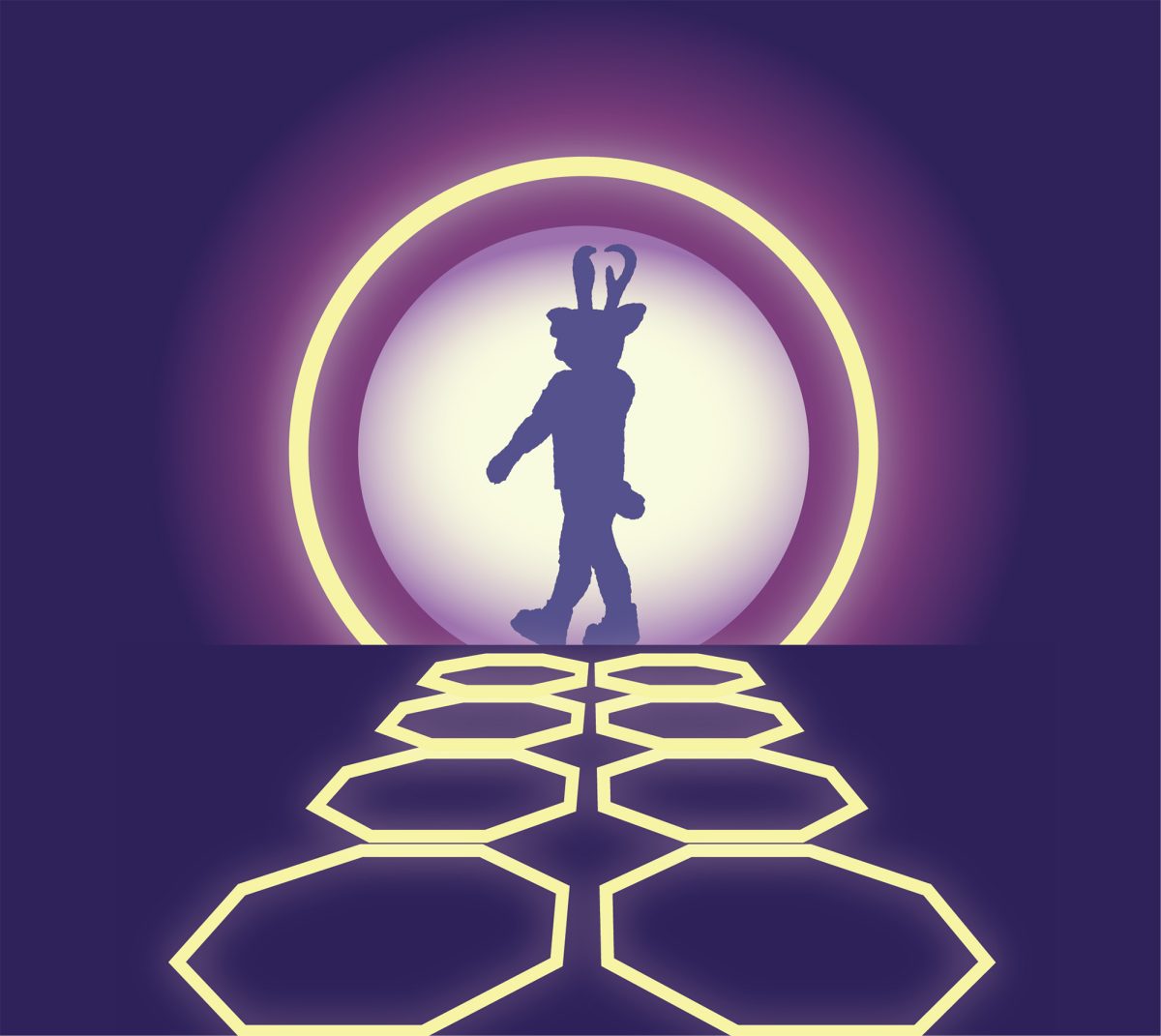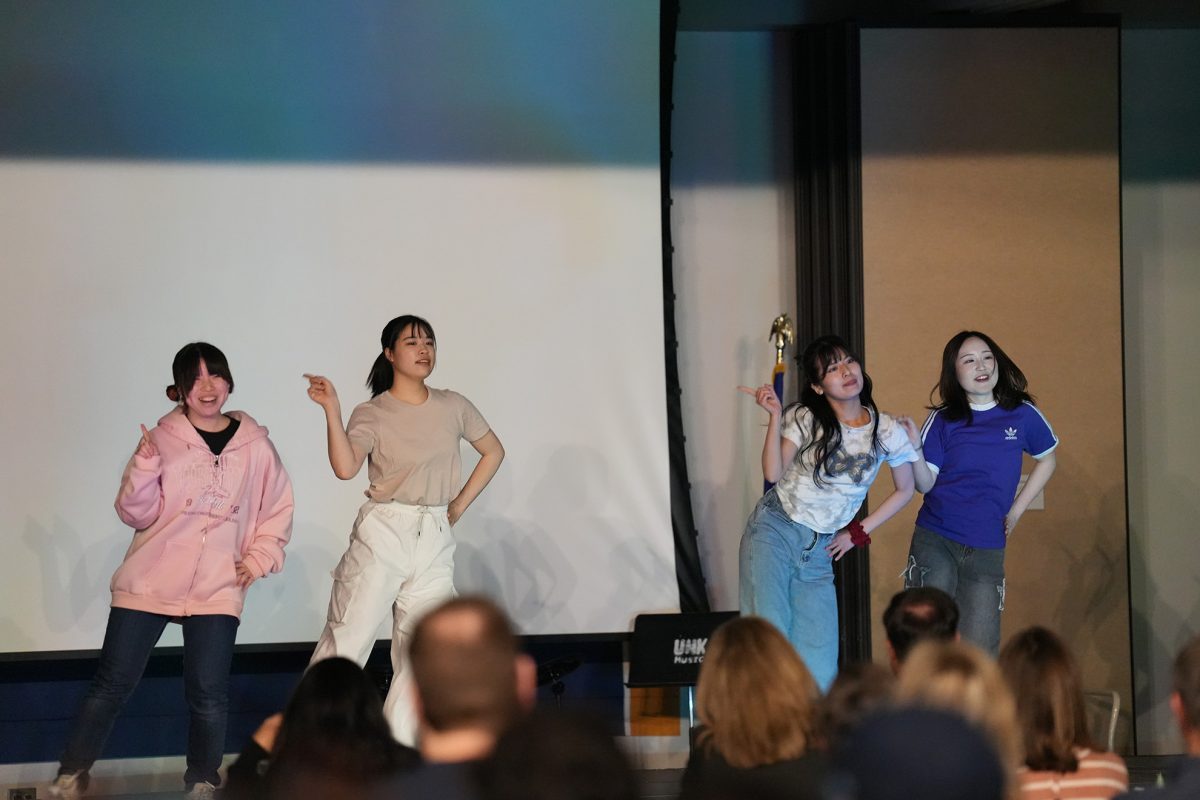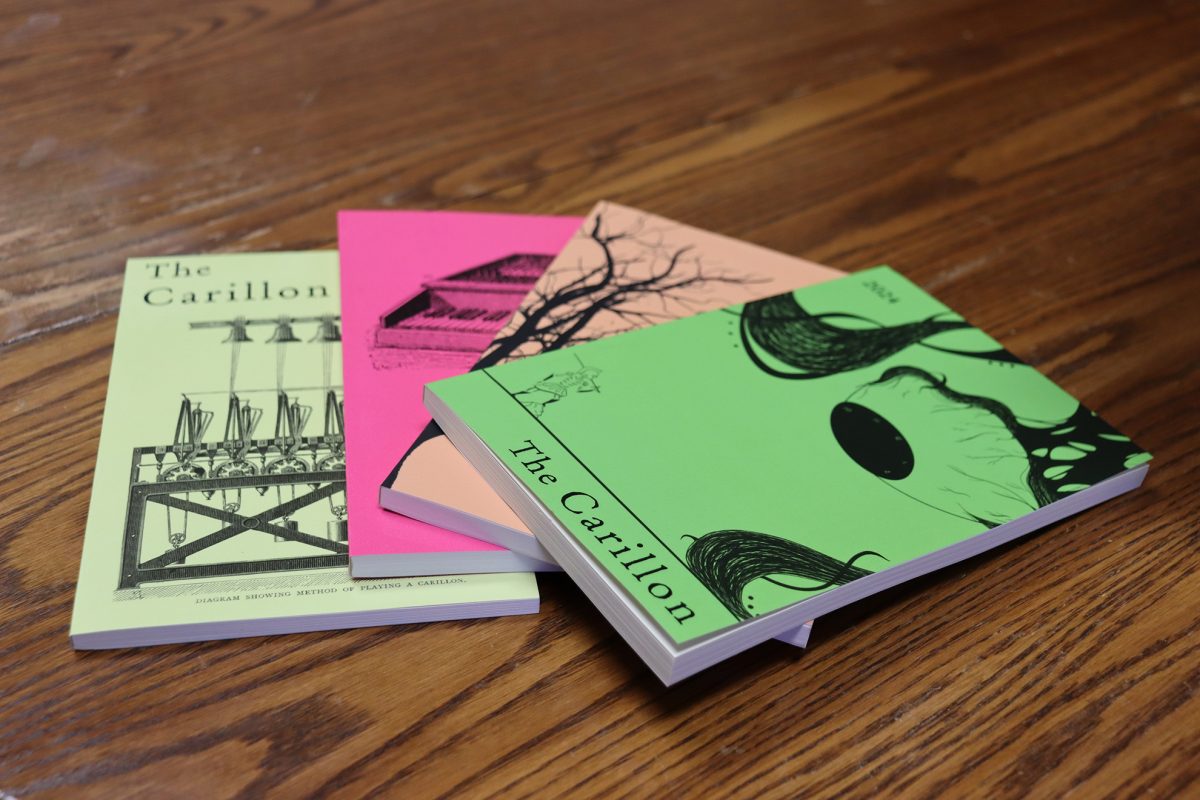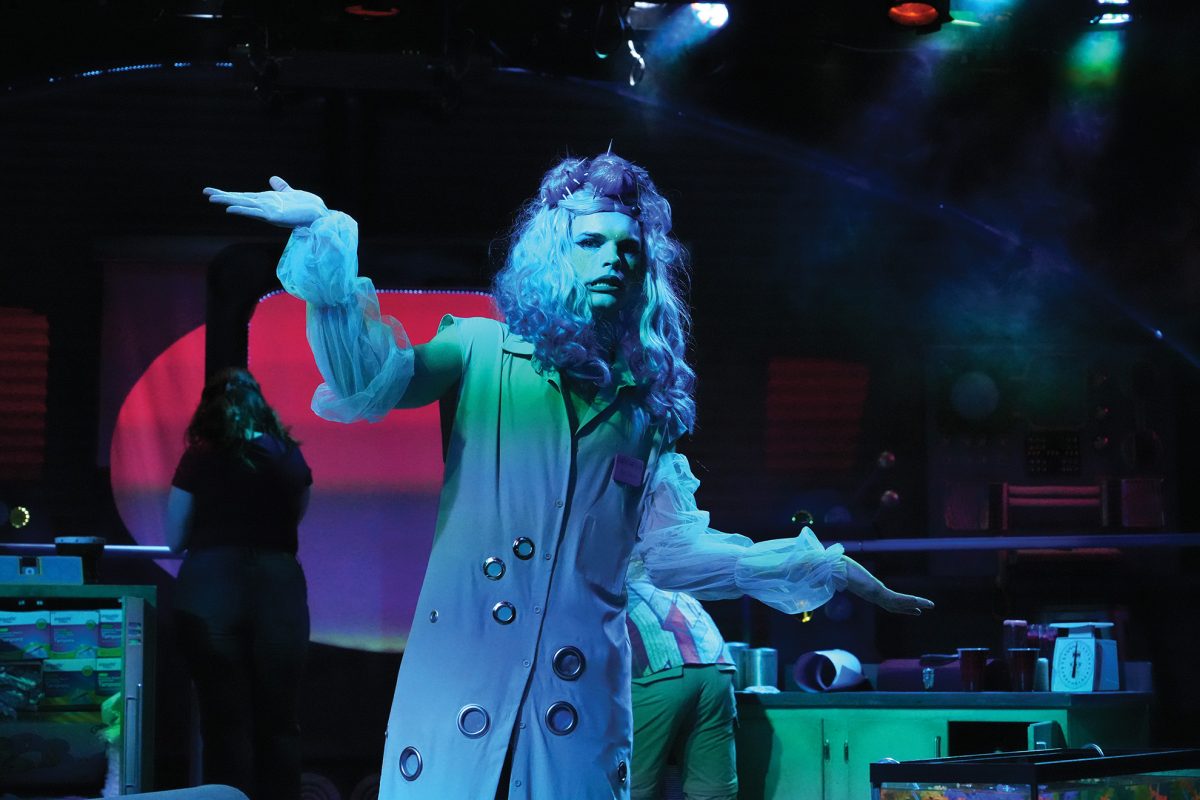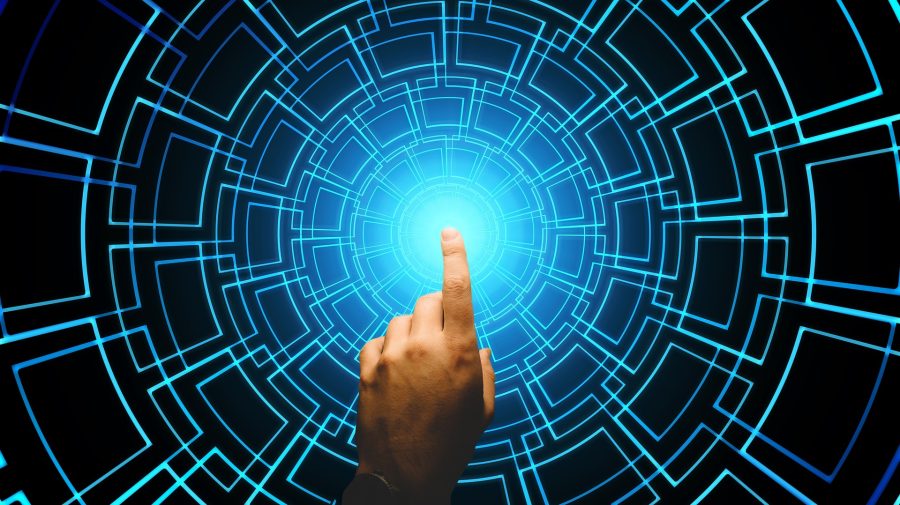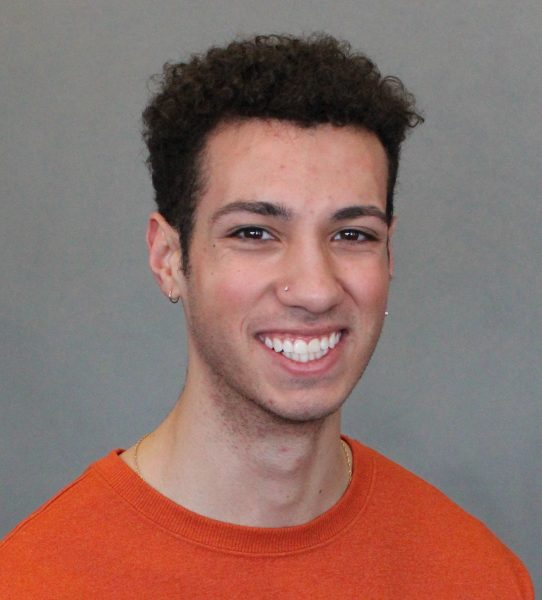Antelope Staff
I was in eighth grade when my dad first asked me to help him with a Photoshop project. I went on to win an art competition with the photos that edited which encouraged me to dive into the graphic design world.
Despite my experience over the past seven years, I am nowhere near close to being entirely proficient in the field.
Admittedly, when I first started designing, I sucked. I wasn’t proficient with the programs needed and I didn’t have the art knowledge, just a creative mind. Over the last seven years, I’ve spent countless nights drawing for hours, perfecting designs for clients and learning the ins and outs of programs.
It takes time to produce quality work in any field of life. However, with the introduction of artificial intelligence into the hands of the general population, the time needed for things becomes shorter.
Artificial intelligence is the simulation of human intelligence processes by machines, especially computer systems. AI has been trending recently on social media, primarily on TikTok.
Typically, AI is used to emulate a conversation between the user and an “intelligent” system. Some are programmed to act like movie or video game characters and are purely used for entertainment.
However, AI is not limited to entertainment, it’s used in text-to-speech software. It can write code, essays, books and solve equations. AI can generate images in any style imaginable from realism to pop art. All it takes is a detailed prompt.
AI can do incredible things in our world but seeing people create album covers, large-scale art pieces and even entire storylines with photos to accompany them made me question my job security a little bit.
Clearly, AI isn’t to this point yet. However Vanity Fair, Wired and a few other tech pages have begun to question how AI is changing the face of creative labor in permanent, frightening ways, all while raising serious privacy and intellectual property concerns.
I spoke to Professor Samuel Rapien in the Art and Design Department how long he thought it would be before AI poses a real threat to our field of work.
“I think people are overreacting when it comes to AI,” Rapien said, “I view it as more of a tool than a threat.”
During our conversation, we both agreed that AI art looks artificial no matter how good it is because it lacks the human element. AI is exciting to watch, but it’s also scary knowing that your job may be on the verge of being obsolete. Regardless, AI will continue to develop for better or worse.


